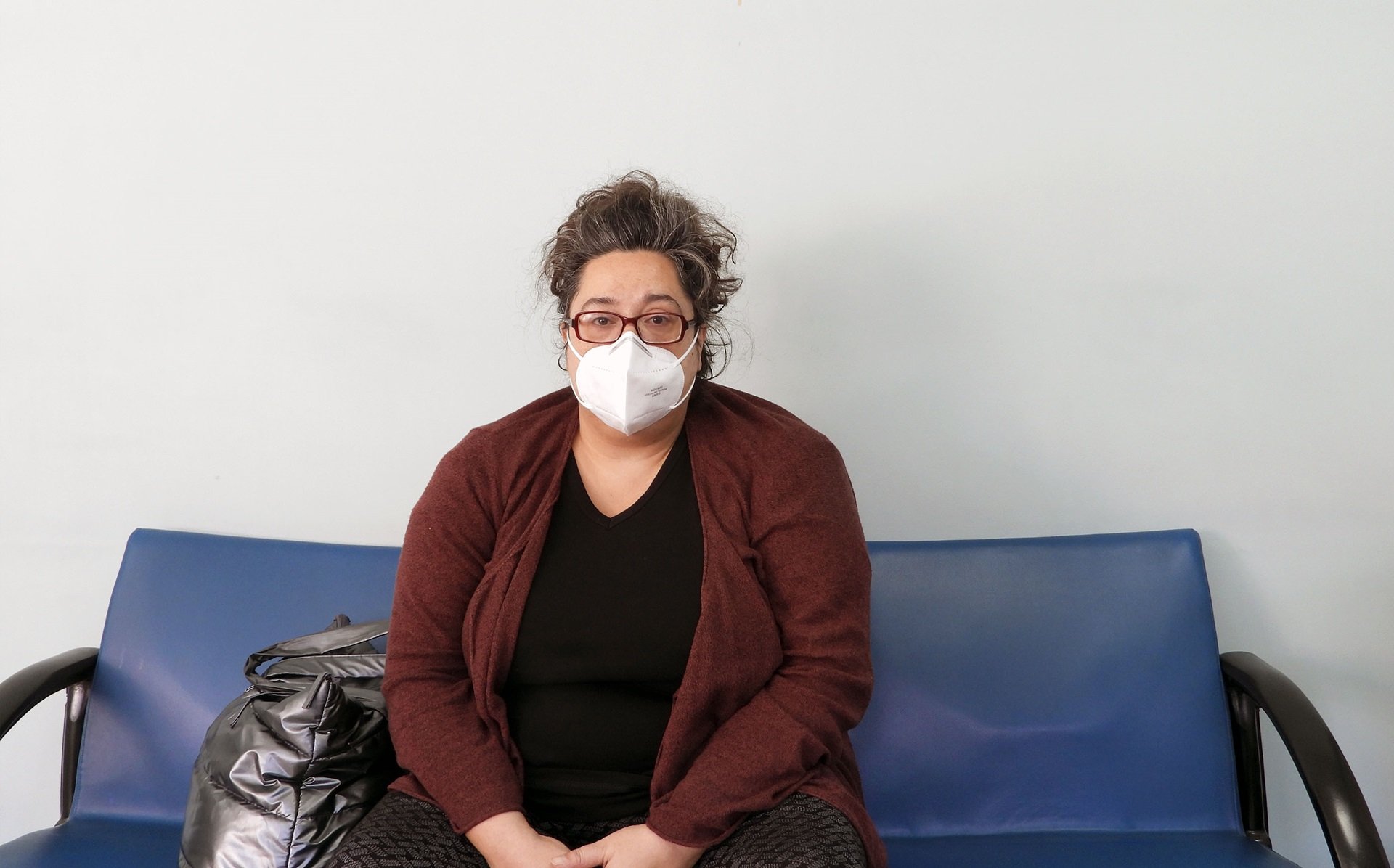Blog
Blog
Protecting the workforce through influenza and COVID-19 vaccination: perspectives from Greece

The WHO European Region saw an early start to the influenza season this winter, with respiratory syncytial virus (RSV) and COVID-19 cases also rising. Taken together, this has the potential to lead to severe impacts for health services and populations.
We spoke to 2 staff from KoiSPE Athina-Elpis, a cooperative enterprise located in the centre of Athens, Greece, to get their perspectives on what this could mean for them and their country, and why they think getting vaccinated is so important.
Eleni Douna, is an occupational doctor within the organization, which was set up to help people with psychosocial problems reintegrate into the community through work opportunities. Part of her role involves administering vaccines to help protect the health of the KoiSPE Athina-Elpis workforce.
“A COVID-19 surge combined with an influenza epidemic is something that we haven’t experienced yet… In the last 2 years, we didn’t have any significant influenza epidemic because of all the strict COVID-19 measures and lockdowns. This year we will almost certainly see the coexistence of both. It is worrying, but there are things we can do to tackle both diseases,” says Dr Douna.
In Greece, influenza vaccination coverage among health-care workers was just 36% in National Healthcare Service (ESY) hospitals and 57% in primary health centres during the influenza season of 2021–2022. Although there are no official records of rates of vaccination among the general population, studies into attitudes towards influenza vaccination suggest that uptake could also be low.
Despite this, doctors like Dr Douna are doing their best to encourage health-care workers and others to get vaccinated. She is optimistic that more people will get the vaccine this year.
“I think that we will see more people coming forward to get vaccinated because the vaccine is now available without prescription to those at most risk”.
As of December 2022, people in Greece over 60, those with a chronic disease, health-care workers, students, children and pregnant women are all eligible to get the prescription-free influenza vaccine, which is being administered at pharmacies and health centres across the country.
A silver lining in the COVID-19 pandemic
Neratzoula Vasileiadou, who also works at KoiSPE Athina-Elpis, shared her thoughts with us as she went to see Dr Douna to get her influenza vaccine. This will be the 10th year in a row that Neratzoula has had her annual jab.
“With the vaccines, I have a feeling of security; I know it protects my health. In my social circle everyone gets vaccinated: my immediate family, relatives, friends, everyone.”
She also believes that other people are now more likely to get vaccinated for influenza having experienced the COVID-19 pandemic and seen the difference that vaccines have made in protecting lives.
“COVID-19 has positively influenced opinions about vaccination. I believe that people have realized its importance and are more likely to follow the advice of health authorities and get vaccinated,” she told us.
Learning from the COVID-19 vaccine campaigns
Ending our interview, Dr Douna gave a final suggestion to help encourage more people to get vaccinated against influenza.
“It would be good to replicate the success of the COVID-19 vaccination campaigns, by organizing a large-scale campaign that also encourages co-administration – where feasible – to protect against both diseases. I think a dual campaign for seasonal flu and COVID-19 vaccination could really make a difference.”
WHO’s message on influenza and COVID-19 vaccination
COVID-19 and influenza remain a grave threat to the millions of vulnerable people in the Region who remain unvaccinated or under-vaccinated. Vaccination coverage among the most at-risk people still remains too low, especially in many countries in the eastern part of the WHO European Region, which covers 53 countries across Europe and central Asia. This poses a risk to the wider population, so all those who are eligible should be urged to get fully vaccinated.
Where influenza vaccines are available, countries should also consider co-administration of seasonal influenza and COVID-19 vaccines for those who are eligible.
Πηγή: who.int





